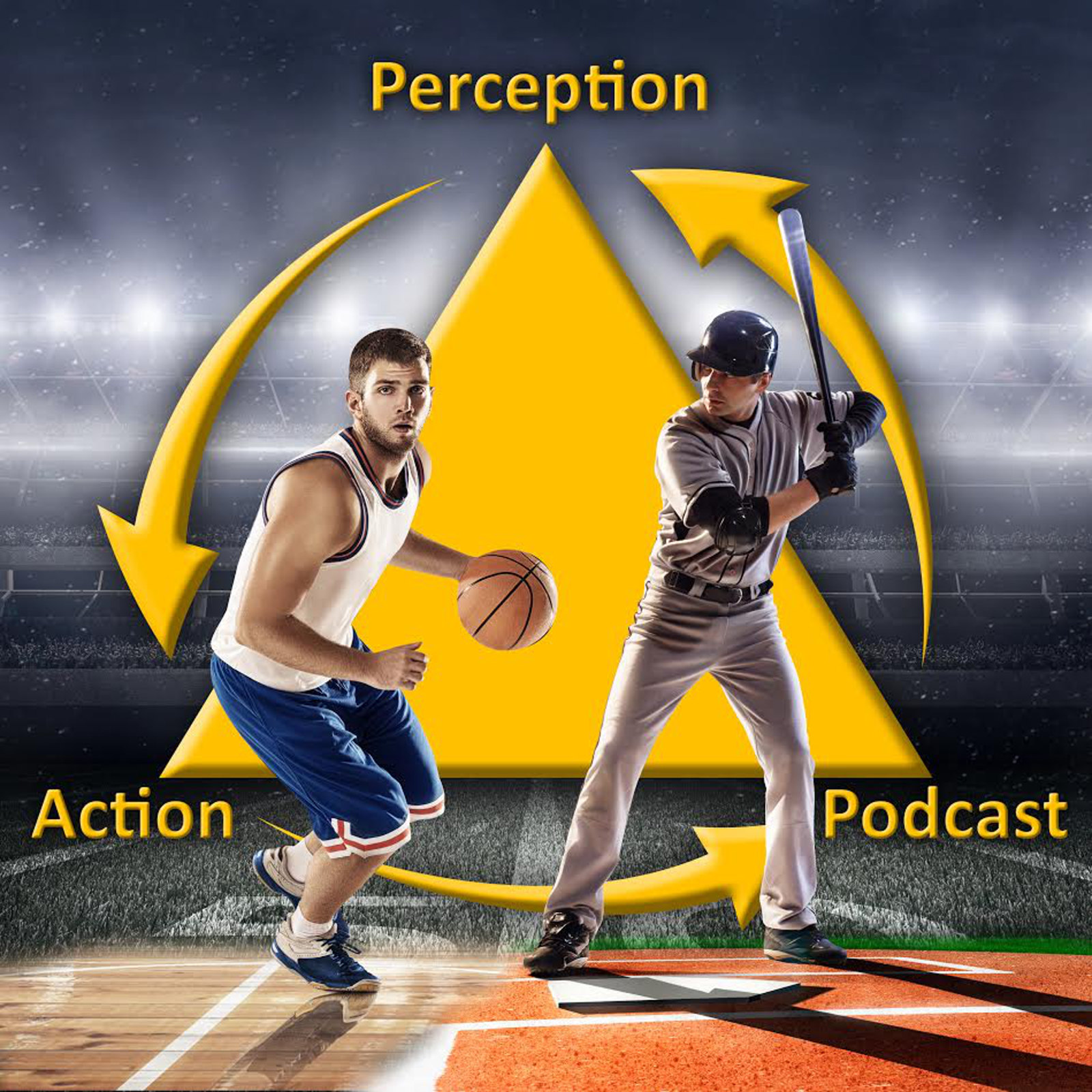Work with Me

I have a real passion for applying skill acquisition research and helping to communicate the key concepts and theories to practitioners. I really enjoy being a part of a coach’s professional development. In the past, I have worked as a consultant for individual athletes, professional sports teams from around the world, government bodies, large and start-up technology companies, and the military. I am very excited about continuing to pursue these opportunities!
I am very flexible about the mechanism we use to collaborate. It could be through one (or a series of) 1:1 Zoom sessions, me coming to give a workshop and observe practice/training at your organization, or me reviewing and giving feedback about your training materials (e.g., written manuals, presentations). Please contact me via email to discuss alternative options
Bi–Monthly Coaching Meetups
I currently offer coaching Zoom meetups twice a month for Patreon supporters. These are open sessions in which we discuss applying an Ecological Approach to coaching and I answer any questions. All meetings are recorded and made available to supporters. Please follow the Support or Pateron link to learn more!
Here are a few of the other ways we could work together:
Coach Education
-I have been told by a few different people that I have a “encyclopedic knowledge” of the research literature on skill acquisition and motor control. While I secretly think they might just be referring to the fact I am old enough to have used encyclopedias, I have read a lot of papers! My primary goal as a coach educator is to help connect your experiential knowledge with the key theories and models in the area. I want to take you from using recipes in practice to becoming a master chef! I really believe with a better understanding of why some things work and and others don’t (from a theoretical stand point) you can begin to play around with “ingredients” of practice and training and come up with your own innovative designs.
-For this, I can lead one (or a series) of presentations and workshops either in-person or remotely. I will also do a literature review for your specific sport beforehand so I can put the concepts in context and discuss the latest and greatest work in your sport.
–Possible topics include: applying dynamical systems theory, the constraints led approach (CLA) to coaching, differential learning, dealing with performance pressure, developing effect cues, ecological dynamics, etc.
Practice Design Consultation
-One of my favorite activities to engage in is to help with practice design. This typically involves me observing some of your training sessions and doing a detailed analysis, and giving feedback/suggestion for changes – similar to this practice activity analysis. I can also run sessions with groups of coaches to explore practice design, for example working on a constraints matrix, designing and assessing variability manipulations or developing and expanding the types of cues used. One of my real strengths here, I think, is getting you to think more about the purpose of each activity.
Technical Refinement & Skill Development Support
-Tackling the very challenging problem of trying to encourage an athlete to change their well-learned technique in some way is something I have a lot of experience with in the past. For example, working with football QB’s to hold the ball higher and baseball pitchers to avoid forearm flyout. This can be both for the purposes of preventing injury and getting more out of an abilities’ abilities by encouraging them to find a more optimal movement solution.
Getting the Most Out of Tracking/Monitoring Technologies
-In both practical and research settings I have extensive experience with using tracking technologies including motion tracking, gaze/eye movement tracking, heart rate, EMG, force plates and EEG. A particular strength of mine is that I can do both the technology side and know what to look for from a performance perspective.
Incorporating Good Motor Learning Principles into Product Design
-Over the past 20 years of so I have developed a baseball batting virtual environment VR and have used in several research studies. I have also published, what I believe, is the most convincing evidence of transfer of training for VR training in sport. The reason I was able to produce these results is because the training incorporated key motor learning principles like variability of practice, adaptive training, and the challenge point hypothesis. To me, this is an avenue that can be exploited much more! Training technologies create opportunities to use principles of practice design that are not practical in real, on-field training.
Practical Field Research Design
-One of the things I have had to get very good at in my career is modifying research methods used in the lab to be more appropriate for practical settings. How do you handle small numbers of participants? Not having a control group? Incomplete data? There are a lot of ways you can still ask research questions on the field!
Data Analysis & Identification of Key Performance Metrics
-While I am by no means a coding or stats expert, I have just enough knowledge to be dangerous! One area I have excelled for example in doing this, is pulling metrics for assessing how an athlete responds to pressure.
